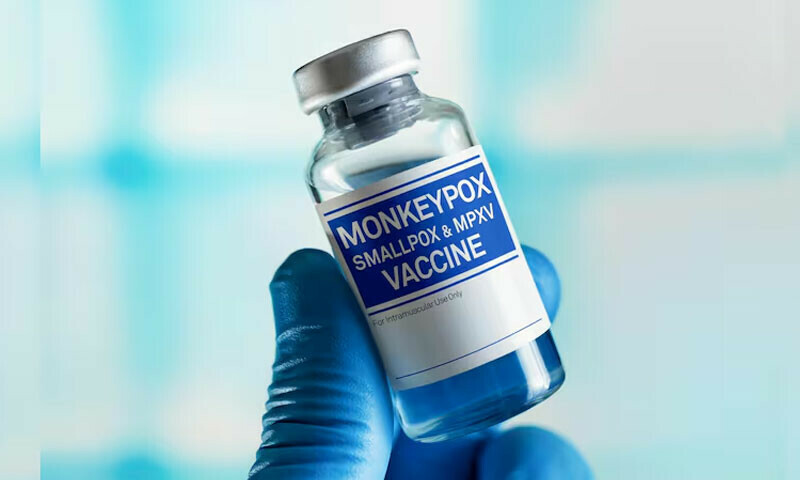KARACHI: Two passengers suspected of having mpox landed at the Jinnah International Airport on Saturday and were taken to a hospital to keep them under observation.

Sources said both passengers, one aged 44 and the other 32, had arrived from Saudi Arabia and were suspected of having the viral infection during screening at the airport.
One of them tested negative later in the day.
“We will be discharging him soon. His condition is stable,” shared a doctor at the Sindh Infectious Diseases Hospital and Research Centre.
Sources said lab report of the other passenger, a resident of Karachi, was still awaited. Pakistan has so far reported five cases of the viral infection.
According to the Civil Aviation Authority, a total of 146,722 travellers were examined at Karachi’s international airport in August.
The number of staff from the Border Health Services (BHS) at Jinnah International Airport has been increased to two doctors, up from one, according to a press release. The team of medical assistants has also grown from five to 10.
“Since the start of screenings at the airport, which began on Aug 16, only one traveller with symptoms was sent to the hospital on Aug 31 for further checks,” it said. “After each international flight, the immigration and international lounge areas are disinfected two to three times a day.”
Two extra cabins have been set up to examine and quarantine travellers who might be infected, the CAA said, adding that information stands have also been set up in the international arrival walkway at the airport.
The management of the airport is also supporting the BHS team in conducting enhanced awareness sessions at the Resource Centre of Jinnah International, it added.
Last month, the World Health Organisation declared the recent outbreak of the disease a public health emergency of international concern after the new variant of the virus, Clade 1b, was identified.
On Friday, the WHO said it had prequalified an mpox vaccine — a move expected to speed up access to the jabs to fight the epidemic raging in Africa.
The announcement came on the heels of the arrival of the first MVA-BN vaccines to the Democratic Republic of Congo, the epicentre of the epidemic.



